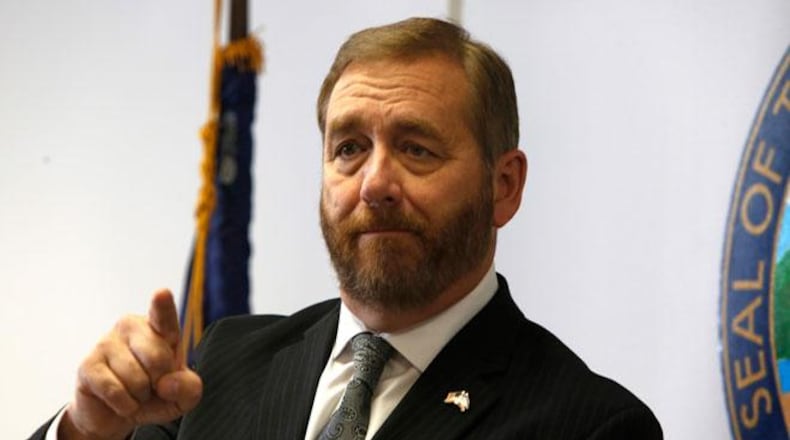MORE: Bellbrook man’s data crunching driving big pharmacy change
“Ohioans who need medicine might think generic drugs would be their cheapest option – but some manufacturers have rigged the systems to avoid competition,” Yost said in a statement. “That’s not how a free market works, and the conspiracy to avoid competition makes prices higher – and it’s against the law. This lawsuit is the prescription for lower medicine prices in a free market.”
Association for Accessible Medicines, which represents generic drug manufacturers, said in response to the 60 Minutes story about the allegations that "AAM is fully committed to compliance with all laws and to maintaining high ethical standards in the way we do business. Illegal behavior, such as price-fixing or other violations of antitrust law, is inconsistent with AAM's rules and procedures."
The group said that in 2018 generics generated $293 billion in savings and over the past decade the U.S. health care system has saved $2 trillion due to the availability of low cost generics.
The lawsuit, filed in U.S. District Court for the District of Connecticut, also names 15 individual senior executive defendants accused of being responsible for the conspiracy.
The lawsuit seeks damages, civil penalties and restorative actions by the court.
MORE: ‘Surprise bills’ target of state budget proposal
The complaint accuses competitors of meeting with each other during industry dinners, “girls nights out,” lunches, cocktail parties, golf outings and communicated via frequent telephone calls, emails and text messages which led to the alleged illegal agreements.
The complaint alleges that Teva, Sandoz, Mylan, Pfizer and 16 other generic drug manufacturers engaged in a broad, coordinated and systematic campaign to conspire with each other “to fix prices, allocate markets and rig bids for more than 100 different generic drugs,” Yost’s office stated.
The drugs span all types, including tablets, capsules, suspensions, creams, gels, ointments, and classes, including statins, ace inhibitors, beta blockers, antibiotics, anti-depressants, contraceptives, non-steroidal anti-inflammatory drugs, and treat a range of diseases and conditions from basic infections to diabetes, cancer, epilepsy, multiple sclerosis, HIV, ADHD, and more.
About the Author
